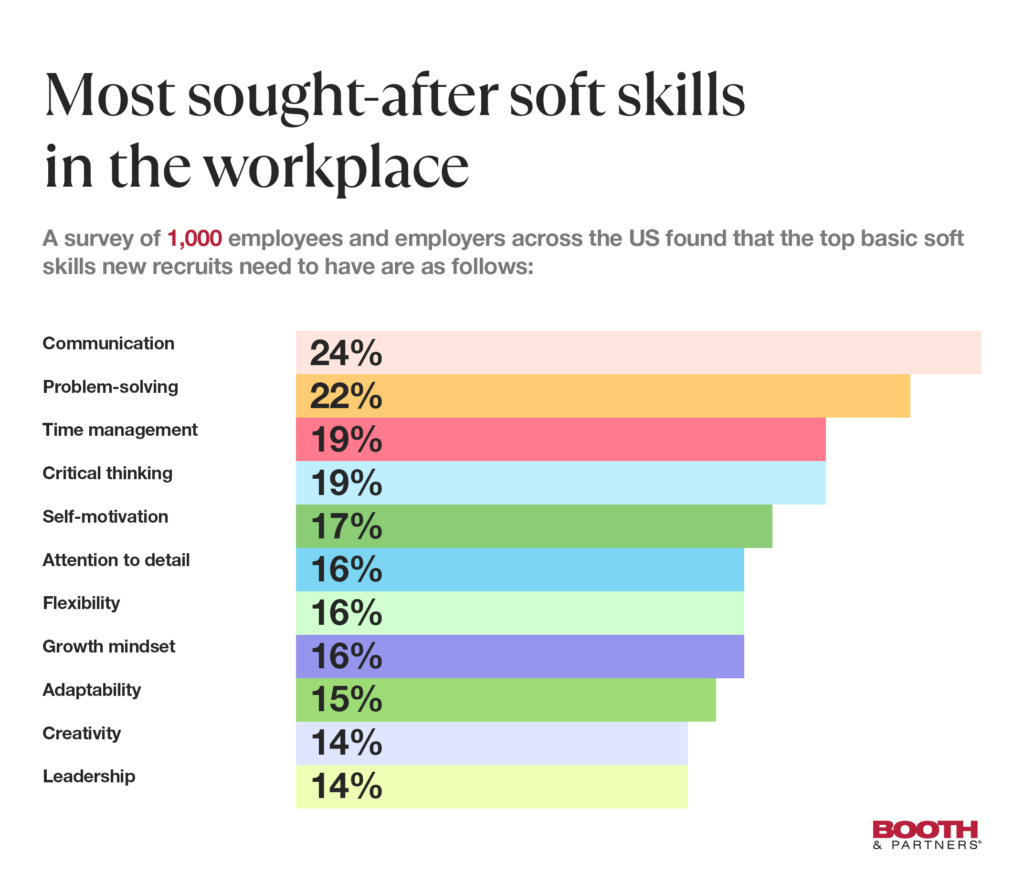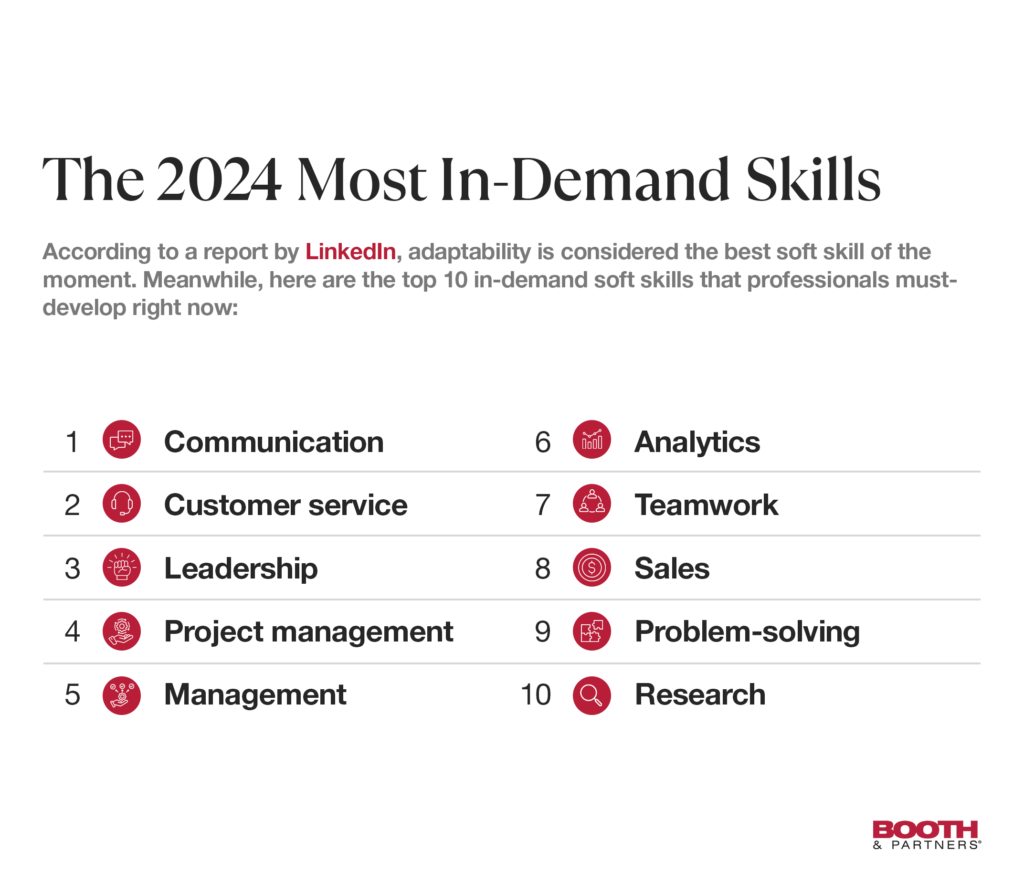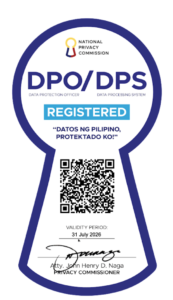4 Reasons Why Your Soft Skills Matter in the Workplace

Do you aspire to land a job and climb the corporate ladder? It turns out that your technical expertise alone isn’t enough to keep you on top of your fellow job candidates. The same goes for promotions where more complex factors — such as empathy, communication, and problem-solving skills — are at play. To secure your dream role, you must have the right soft skills to do the job effectively.
And research agrees.
In a recent study, 84% of employees and managers believe new employees must possess and demonstrate their soft skills during the hiring process. It acts as a key differentiator that shows if you’ll fit in the organization’s culture and work well with your colleagues.
Workplace innovations such as the use of artificial intelligence (AI) and the adoption of both remote and hybrid work also affect this.
LinkedIn’s Global Talent Trends report also revealed that 92% of talent professionals and hiring managers prefer candidates with strong soft skills amid the rise of AI and automation. After all, hard skills are prone to automation, while soft skills, on the other hand, can hardly be replicated by robots.
Meanwhile, for remote workers and professionals who work in a hybrid setup, developing soft skills can help them stay connected with their peers while ensuring they remain productive and effective at what they do.
To give you more context as to why soft skills matter in your professional life, let’s discuss what these skills mean, the skills you need, and how you can hone them.
What is a Soft Skill?
A soft skill is a type of skill that you build through experience and mindful self-improvement. It’s a set of character traits that defines how you work and interact with others. It also shows how you deal with different situations, especially when faced with conflicts.
How does soft skills differ from technical skills?
While soft skills refer to a person’s behaviors and personalities that help them work with others more effectively, hard skills are practical abilities that are obtained and improved through formal education or hands-on experience. Hard skills are also industry-specific whereas soft skills are more general and can be used regardless of your chosen career path.
Also known as technical skills, hard skills are essential requirements to complete a certain line of work. These skills are also more quantifiable. Soft skills, on the contrary, are harder to measure. Experienced hiring managers often test a candidate’s soft skills by asking behavioral-based questions during interviews.
Despite their differences, both hard skills and soft skills are essential factors to succeed at work. Soft skills must complement your hard skills — and vice versa.
For example, customer service representatives must be proficient in using a certain language and knowledgeable about the client’s products and business (hard skills). They must also possess good interpersonal and communication skills, including critical thinking and problem-solving abilities (soft skills) to effectively deal with callers, especially the irate ones.

The same survey also uncovered that for C-level executives and senior management, creativity tops the list.

Both surveys revealed that effective communication skills remain the most sought-after skill at work regardless of the position you’re applying for. Thus, it’s something you must strive to develop. The same goes for problem-solving, management (time and project), and leadership.
4 Reasons Why Soft Skills Matter at Work
Developing and honing your soft skills can be a beneficial endeavor for you, especially if you’re aiming for a certain role.
To get a clearer picture of why it matters, check out these benefits of soft skills in the workplace.
1. Increase your employability
As mentioned above, hiring managers gauge an applicant’s soft skills by asking behavioral-based questions during interviews. Good communication skills are helpful at this stage because it lets you articulate your thoughts well and highlight the other skills you possess.
2. Improve your job performance
Proper time management, project management, critical thinking, creativity, and teamwork help you become more effective and productive at work. Through this, you can receive more positive reviews which can be helpful in meeting your KPIs for both mid-year and annual performance evaluations.
3. Build better camaraderie with your colleagues
Employers look for individuals who can work well in a team. Good communication skills, empathy, and flexibility let you build better relationships with your peers, which is essential in creating a healthy and harmonious work environment.
4. Show your leadership potential
Demonstrating leadership qualities such as empathy, motivation, project management, and problem-solving can set you apart from other candidates. When you’re already an employee, it shows your capacity to lead the team and increase your chances of being promoted to higher positions.
How Can You Develop Soft Skills?
Here are some recommendations to guide you in developing soft skills:
1. Identify the soft skills you need
While mostly general in nature, different roles, positions, and industries may prioritize specific skills. Call centers, for instance, may value good communication, negotiation, and conflict-resolution skills. Meanwhile, engineering firms may place more importance on project management and creativity.
See to it that you research which skills are essential for the job you’re vying for. Reading the requirements on job postings can also go a long way since it can help you tailor your answers based on what’s listed there.
2. Practice mindful observation
Take a look at your network: Of your family, friends, and colleagues, who do you think displays outstanding soft skills? The people you identified can serve as your role models. Try to observe how they act, speak, and handle different situations. This act alone can teach you so much, as long as you do it with a clear intention to learn, of course.
3. Proactively seek feedback from mentors and colleagues
Aside from doing mindful observations, you can also proactively seek feedback and guidance from your mentors and colleagues. Ask them about how they see you as a colleague. Inquire about your strengths and weaknesses based on their perspectives and in which areas can you improve further. Just remember not to take everything personally, especially when you receive constructive feedback.
From the insights you’ve gathered, assess how you can improve yourself and determine the soft skills you still need to work on.
4. Enroll in online certification courses
You can also find different skills courses online. Open online course providers like Coursera and Udemy, for instance, offer certification courses on customer service, emotional intelligence, communication, teamwork, and problem-solving, among others.
To sum everything up, soft skills are becoming hard requirements
Employers and hiring managers are placing more importance on working with professionals who have excellent soft skills. It’s no longer a good-to-have but a must-have skill that you should strive to develop so you can land better roles.
Looking for a company that offers learning and career development programs? At Booth and Partners, we foster a learner-driven culture that empowers our team members to find purpose beyond work. If you believe we’re the right fit for your career journey, check our job opportunities here. We’re excited to have you on board soon!
Discover more about outsourcing and
how you can maximize it for your
business success!
Get a copy of our E-book: Guide to Outsourcing.




